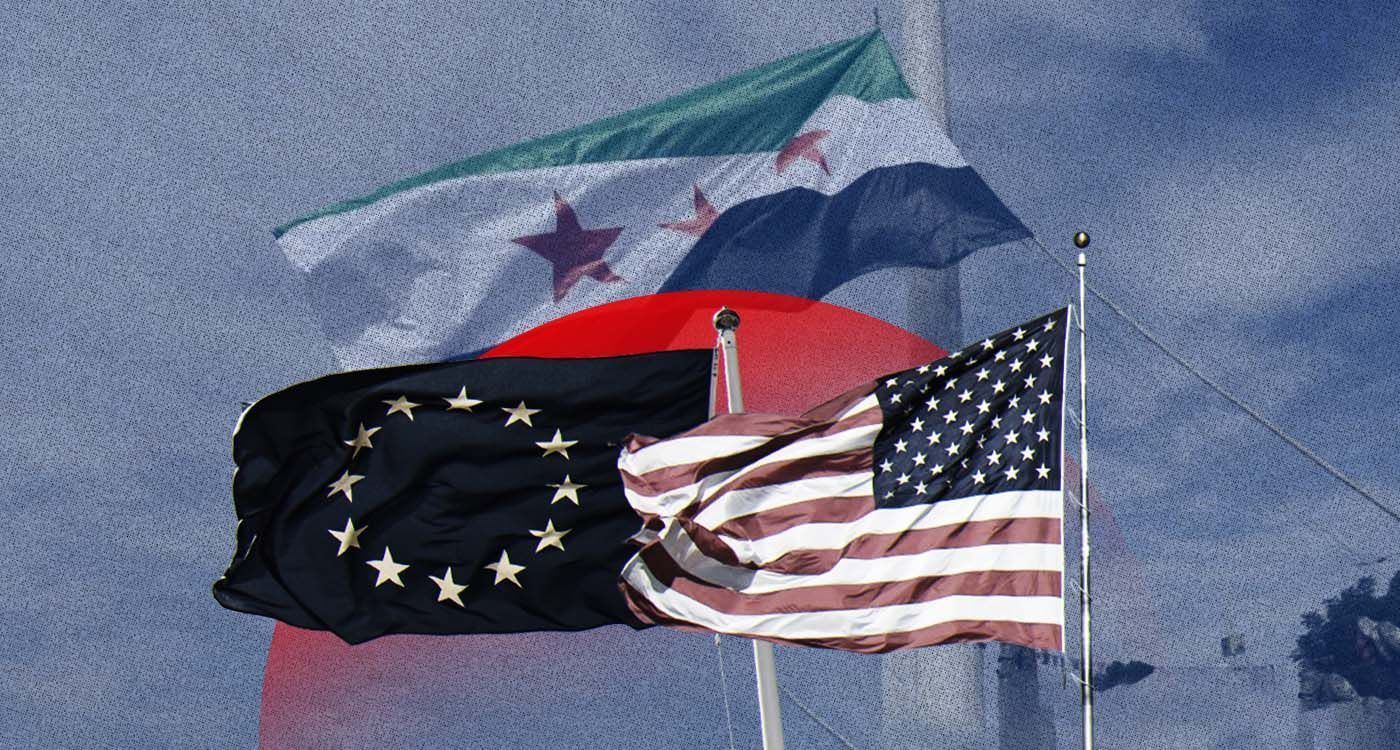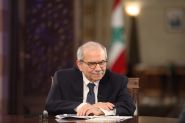
The international community appears determined to reintegrate Syria both economically and politically after decades of isolation. This momentum stands in stark contrast to neighboring Lebanon, which fears that Syria’s reconstruction will monopolize international attention, pushing its own geopolitical and economic challenges into the background.
Lebanon: A Mere Logistics Hub?
Despite having key assets such as ports, technical expertise and a skilled workforce, Lebanon seems relegated to the role of a logistical platform for Syria’s reconstruction. Weakened by a multi-layered crisis and chronic institutional paralysis, Lebanon struggles to attract investors. In contrast, Syria—under a more centralized government, perceived as more stable—presents a clearer and more attractive environment. Its population, three times larger than Lebanon’s, offers a broader market conducive to major infrastructure, energy and housing projects.
A Surge in Contracts
Eight months after the fall of Bashar al-Assad’s regime, interim President Ahmad el-Chareh swiftly mobilized international consortiums around strategic projects spanning the airport, port, energy, agriculture and tourism sectors.
According to the Damascus Chamber of Commerce, investment opportunities in Syria are estimated at $400 billion, with $250 billion earmarked for reconstruction, according to World Bank estimates.
$7 Billion Allocated to Power Sector
A memorandum of understanding was signed with the international consortium “UCC Concession Investments” to overhaul Syria’s power grid. The $7 billion project includes the construction of four thermal power plants (Deir ez-Zor, Mhardeh, Zeyzoun, Trifaoui) and a 1,000 MW solar plant in Wadi al-Rabi. It is led by Qatari firm UCC Concession, in partnership with Turkish and American companies.
Strategic Ports: France and the UAE Take the Lead
In May, Syria signed a 30-year concession agreement with CMA CGM to operate the Port of Latakia. The €262 million investment aims to modernize the infrastructure to meet international standards. Revenues will be split between the Syrian state (60%) and CMA CGM (40%).
This contract marks a geopolitical turning point, symbolizing the end of Russia’s military presence in Tartus—a condition set by the European Union for its support, as reiterated by Estonian diplomat and former Prime Minister Kaja Kallas in December 2024.
Damascus also signed an agreement with Emirati group DP World to develop a multipurpose terminal in Tartus, involving an $800 million investment—the largest to date in Syria. The announcement came shortly after US sanctions were lifted, sidelining a Russian player in the post-Assad era.
Free Zones and SWIFT Reconnection
The Syrian government estimates that $100 billion in investments remain available across the oil, agricultural and tourism sectors. A memorandum of understanding was signed with Chinese firm Fidi to develop free zones covering more than one million square meters. Since the beginning of the year, over 500 foreign companies have submitted applications to establish operations.
In a major recent development, Syria is expected to be reconnected to the SWIFT global banking network “within the coming weeks,” according to the Central Bank governor. This reintegration will ease international transactions, enhance financial transparency and revive foreign trade—reducing the country’s reliance on informal financial networks for cross-border exchanges.
A Boost from the Gulf
In May, Saudi Arabia and Qatar paid off Syria’s $15.5 million debt to the World Bank and announced plans to help fund public sector salaries—a strong signal of renewed regional engagement.
As Lebanon remains mired in stagnation, Syria is forging ahead on the path to economic reintegration. This dynamic could reshape the Levant’s geopolitical balance for decades to come.




Comments